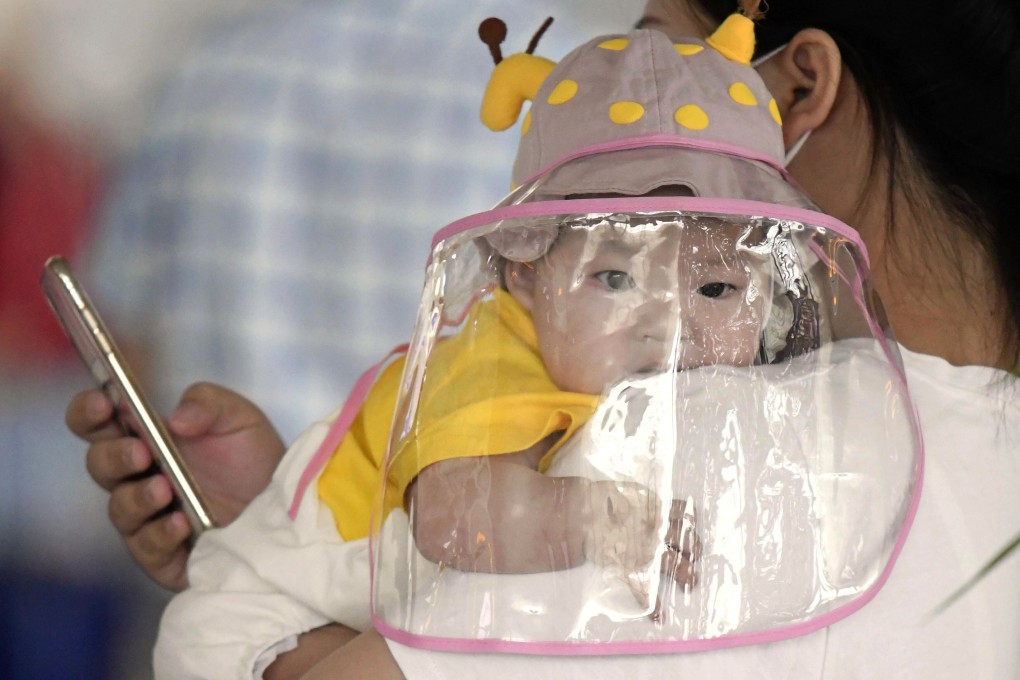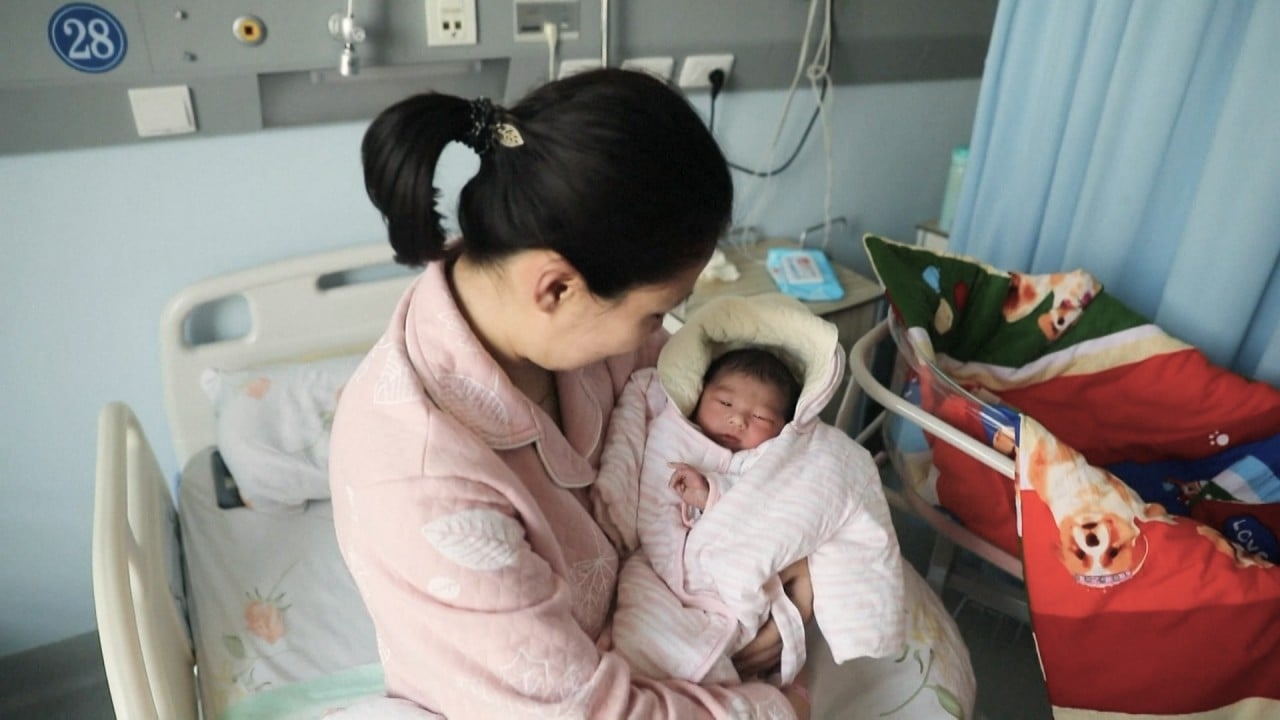Opinion | Coronavirus’ huge hidden cost: millions of unborn babies across the world
- There’s no denying that China, Taiwan, Hong Kong and South Korea have done an impressive job of keeping Covid-19 death tolls low
- But they, and others, are likely to have declining fertility rates, which will cost their economies dearly down the road

Covid-19 has killed over 380,000 people across the globe, including 100,000 in the United States. A less obvious implication is that the virus may take a heavy toll on new births.
There are historical lessons here. In the US, the Great Depression reduced the fertility rate to 2.17 children per woman in 1933 from 2.66 in 1928, while the Great Recession has contributed to a decline in the past decade the number of children per American woman sank to 1.71 in 2019, down from 2.12 in 2007.

01:31
China faces demographic challenge as birth rate drops despite government efforts
The impact of the coronavirus on births could have deep social and economic implications for decades. Coronavirus policies intended to save lives should be implemented in two directions: they should not just prevent deaths from Covid-19 but also encourage people to have children despite the coronavirus-induced recession.

